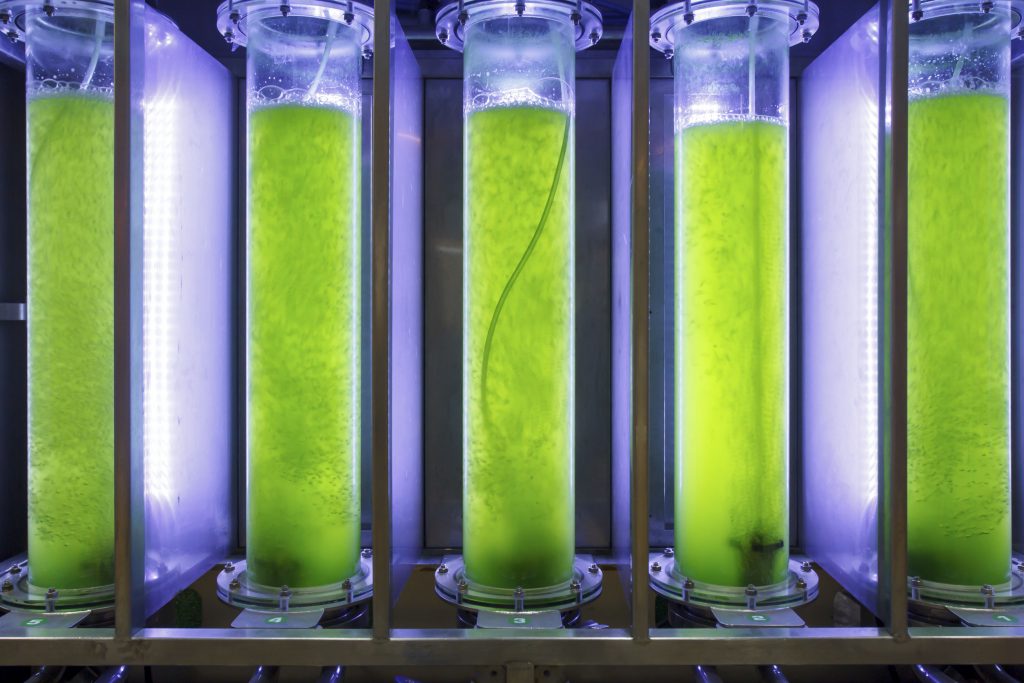New Zealand could build a renewable low-carbon transport fuels industry – but only if the nation decides to act, according to a new report from Scion

Nearly a quarter of the country’s greenhouse gas emissions were from combustible fuels in 2015, so the report suggests biofuels could have a major impact on overall reduction of New Zealand’s carbon emissions.
The New Zealand Biofuels Roadmap Summary Report confirms that biofuels, liquid and gaseous, will have a role to play in moving towards net zero greenhouse gas emissions by around mid-century in both New Zealand and globally, says Massey University Director, Centre for Energy Research Professor Ralph Sims.
However, the lead author on the 2016 Royal Society Te Apārangi report Transitions to a low-carbon economy for New Zealand warns that there are ‘good biofuels’ and ‘bad biofuels’.
“The latter include those based on palm oil plantations in Indonesia created after deforestation of native forests; corn ethanol in USA using agricultural subsidies and diesel and coal-fired heat and power to produce without any climate benefits; and those produced from energy crops grown on fertile soils, such as miscanthus or oilseed rape in Europe, in competition with food crops.
“Biofuels if produced from crop and forest residues and purpose-grown forests on marginal land, as identified in the Scion Pathway, are ‘good biofuels’.
“The conversion technology is a challenge and the few demonstration and near-commercial plants for ligno-cellulosic feedstocks (e.g. straw and woody biomass) operating mainly in USA and Europe tend to be heavily subsidised.”
Producing ethanol (suitable mainly for blending with petrol) from such feedstock has been largely discounted, Sims notes.
“So combusting the biomass in limited air (oxygen) resulting in pyrolytic oil is another pathway being considered.
“Like crude oil, the oil can be refined into various products including ‘drop-in’ biofuels that can then be easily mixed with petrol, diesel or aviation fuels and used initially as blends in existing engines.
“The longer-term potential is to use 100 per cent biofuel, but particularly for aviation, stringent fuel characteristics will be essential to meet – no easy task.”
Lower emissions
The greenhouse gas emissions from using biofuels can be considerably lower than fossil fuels on a life cycle basis, Sims explains.
“The carbon dioxide emitted from the combustion of biofuels in a vehicle is recycled through the succeeding crop so can be assumed to be neutral to the atmosphere.
“However, some emissions may eventuate from any diesel or gas-fired electricity used during production, harvesting, transport and processing.
“In the longer term, this could all be undertaken using near 100 per cent low-carbon renewable energy.”
Growing trees for energy could fit with the one billion trees target, though the impacts on soil carbon, including growing short-rotation energy forests, would vary with soil type, crop and location but would need to be taken into account, Sims adds.
“There may also be competition for the use of this woody biomass that could also be combusted to provide process heat and thereby displace coal (for example in some Fonterra plants).
“Most biofuels cannot compete with an oil price below around US$100 per barrel (currently around US$65/bbl) although a high carbon price would help them become more viable.
Cost increase
However, the current price of around NZ$ 21/t CO2 under the NZ emissions trading scheme adds only around 5 cents per litre to the retail price of petrol or diesel, so would need to rise significantly to have any major effect.
“With New Zealand moving towards 100 per cent renewable electricity generation, the early trend towards electric vehicles will grow, not just cars but also motor-bikes, cycles, buses, and trucks as is already happening.
“The weight penalty of batteries would reduce the payload of trucks and the range of aircraft and ships.”
Hydrogen is still in the running,” Sims says. “But a future without demand for some liquid fuels with their high energy density is hard to conceive so biofuels could be the solution.
“Biofuels have good potential and New Zealand could benefit from their local production.
“Biodiesel from tallow (animal fats) and ethanol from pine forests have been investigated in New Zealand for more than 40 years, but with limited commercial success to date. Developing biofuels is not easy.
“But with the current drivers of energy security, reducing greenhouse gases, forest carbon sinks, and regional development, their promise is worth pursuing.”




